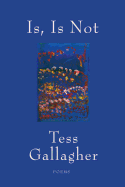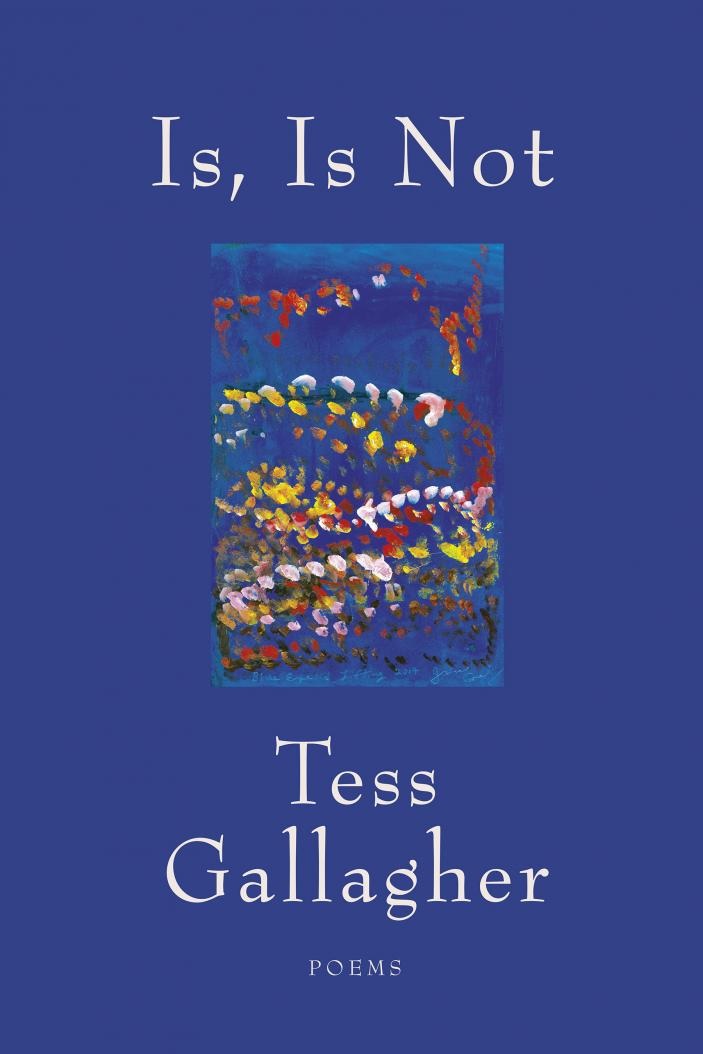 Tess Gallagher (Dear Ghosts) elucidates liminal spaces in her fully realized poetry collection Is, Is Not.
Tess Gallagher (Dear Ghosts) elucidates liminal spaces in her fully realized poetry collection Is, Is Not.
The book is divided into eight sections, all bearing Gallagher's richly layered and evocative style. The poet splits her time between the American Northwest and Ireland, finding similarities but also differences in place and history. Her poems are wide-ranging in form and content, switching from long, complex, flowing meditations to terse, single-stanza observations. She considers the natural world as much as the human world, with a keen eye for where the two meet. Much of Is, Is Not straddles the boundaries between wilderness and civilization, between history and oblivion, life and death. In "Your Dog Playing with a Coyote," the poet writes of "Some ancient tincture of permission/ allows the edge of night/ to blend where wild and tame/ exchange fur in one naked, human/ mind."
Exploring these thresholds changes the poet's perception of the world and the nature of language itself. In "the night-nest of one mind" mingle impressions, memories and words, blending the objective world with the subjective self. Poetry, the poet maintains, springs from this melding of worlds. "But in the mind/ of the room something free/ and glad goes careening and/ will not settle," she writes in "The Seemingly Domesticated." She concludes: "Language itself/ inhabiting the moment/ with uplift."
As much as the poet would like to perceive an experience clearly--every nuance of something's "only-ness"--associations of the self crowd in. Through her poems, Gallagher hints that the observer is like a fabric that itself lends quality to the world, bringing something to the experience of recognition. This is the poet's careful work--tailoring the self to the world in a way that honors both. Perhaps she explains it best in the book's brilliant afterword. "In this pursuit, I find myself trying to out-leap what I can almost say," she writes, "but that, if said outright, would utterly spoil the secret cargo that must somehow halo what is attempting to be given." In this way, she's an experimental poet, more concerned with the "roundness" of experience than linear depiction.
Gallagher is as cerebral and intellectual as she is evocative and sensuous. These poems delight with their willingness to trespass into unknown realms of thought and being. The result is a heady reading experience. As she says in "Encounter," one of the collection's best, "A small entitlement of steps/ led me to mystery, seeking to be/ left out." She then asks: "How else let difference tell you/ what you are?" Is, Is Not will leave such questions spinning quietly in the mind. A bold new work from a poet of consequence. --Scott Neuffer, writer, poet, editor of trampset
Shelf Talker: Tess Gallagher is in top form with this collection of challenging but intellectually rewarding poems.
 Writer's Block Bookstore, Winter Park, Fla., is moving "a few blocks" to the Orlando suburb's main street, Park Avenue, which the store describes as "a dining and cultural gem [boasting] boutiques, sidewalk cafes, and museums, all in the shadow of oak-canopied Central Park." The new location is expected to open in September. Writer's Block Bookstore was founded in 2014.
Writer's Block Bookstore, Winter Park, Fla., is moving "a few blocks" to the Orlando suburb's main street, Park Avenue, which the store describes as "a dining and cultural gem [boasting] boutiques, sidewalk cafes, and museums, all in the shadow of oak-canopied Central Park." The new location is expected to open in September. Writer's Block Bookstore was founded in 2014.




IPC.0204.S3.INDIEPRESSMONTHCONTEST.gif)




 The Barnes & Noble at the Town Center in Virginia Beach, Va., is closing for renovation this Sunday, April 28, and
The Barnes & Noble at the Town Center in Virginia Beach, Va., is closing for renovation this Sunday, April 28, and 
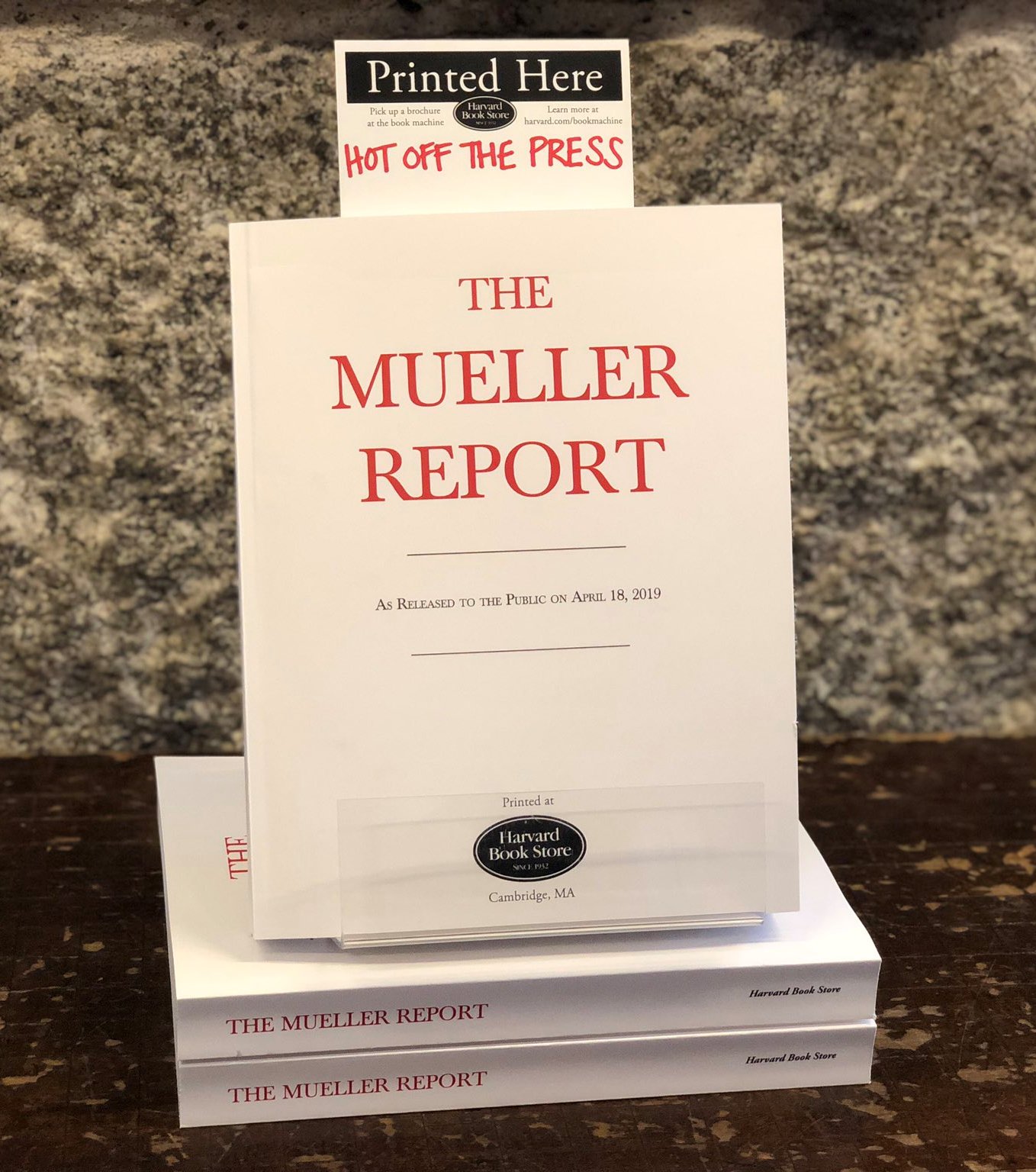


IPC.0211.T4.INDIEPRESSMONTH.gif)

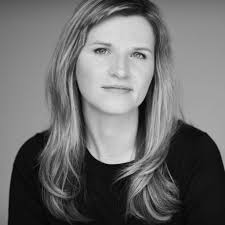

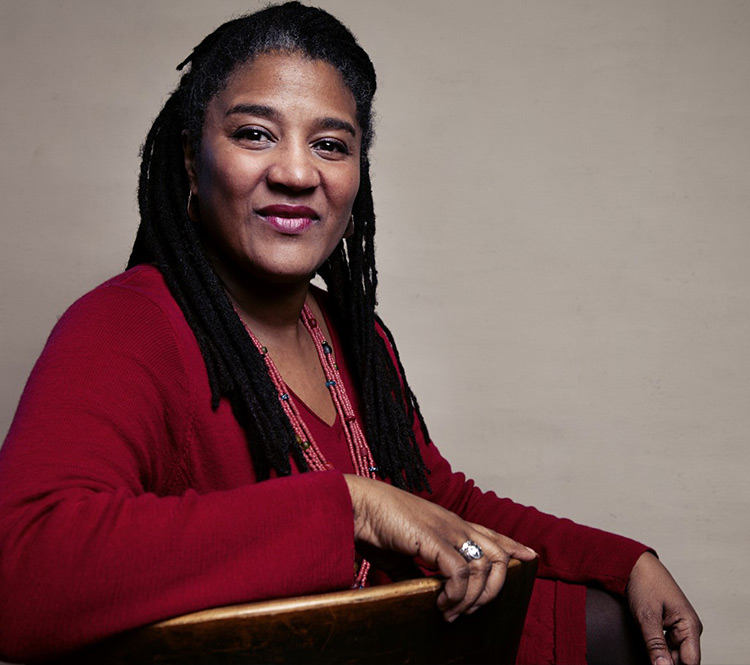
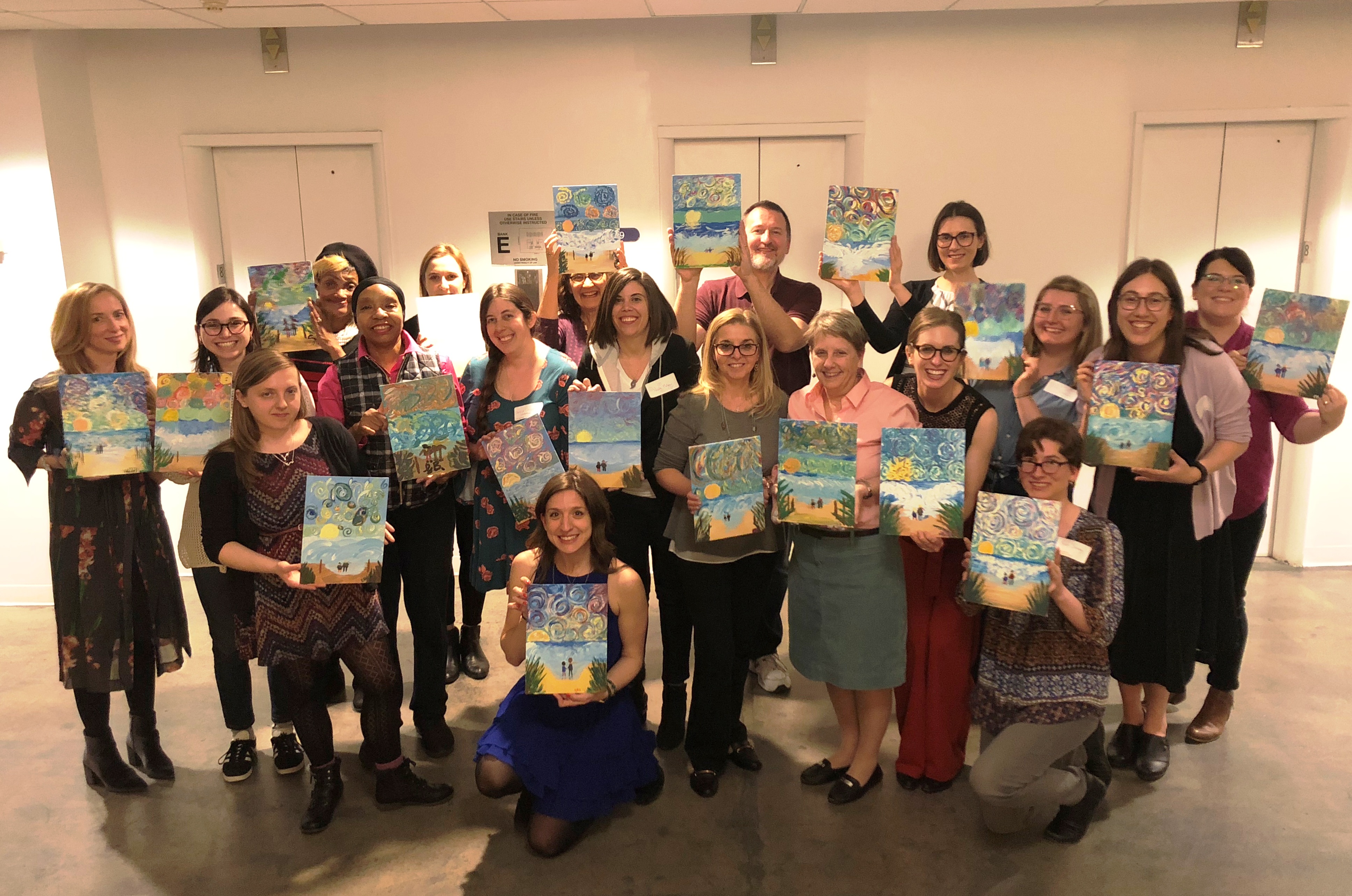 Algonquin Young Readers hosted a Spring 2019 preview night to celebrate new and upcoming releases. Local librarians, booksellers and media, along with authors Adele Griffin (The Becket List) and Nicole Melleby (Hurricane Season), got together for a Wine and Paint night where they painted the Van Gogh-inspired cover of Hurricane Season.
Algonquin Young Readers hosted a Spring 2019 preview night to celebrate new and upcoming releases. Local librarians, booksellers and media, along with authors Adele Griffin (The Becket List) and Nicole Melleby (Hurricane Season), got together for a Wine and Paint night where they painted the Van Gogh-inspired cover of Hurricane Season. "
"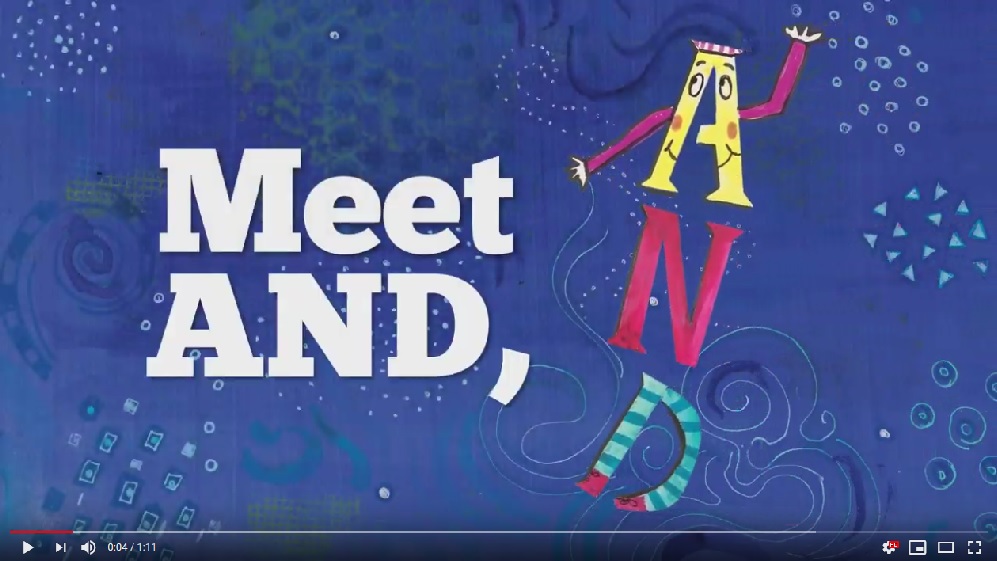 The Story of AND: The Little Word That Changed the World
The Story of AND: The Little Word That Changed the World Tess Gallagher (Dear Ghosts) elucidates liminal spaces in her fully realized poetry collection Is, Is Not.
Tess Gallagher (Dear Ghosts) elucidates liminal spaces in her fully realized poetry collection Is, Is Not.